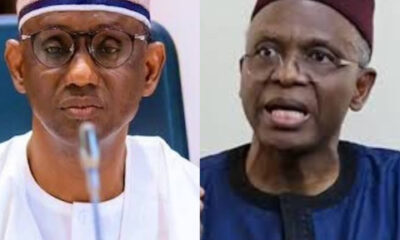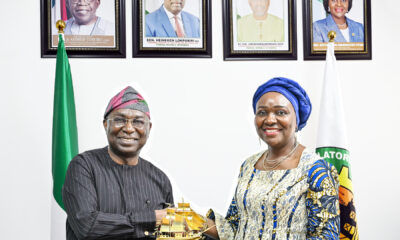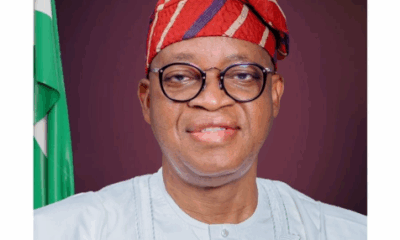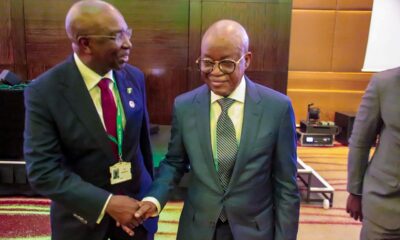Maritime
‘Delay in Presidential Assent To Nigerian Shippers’ Council Stalling Port Reform’ – Shittu
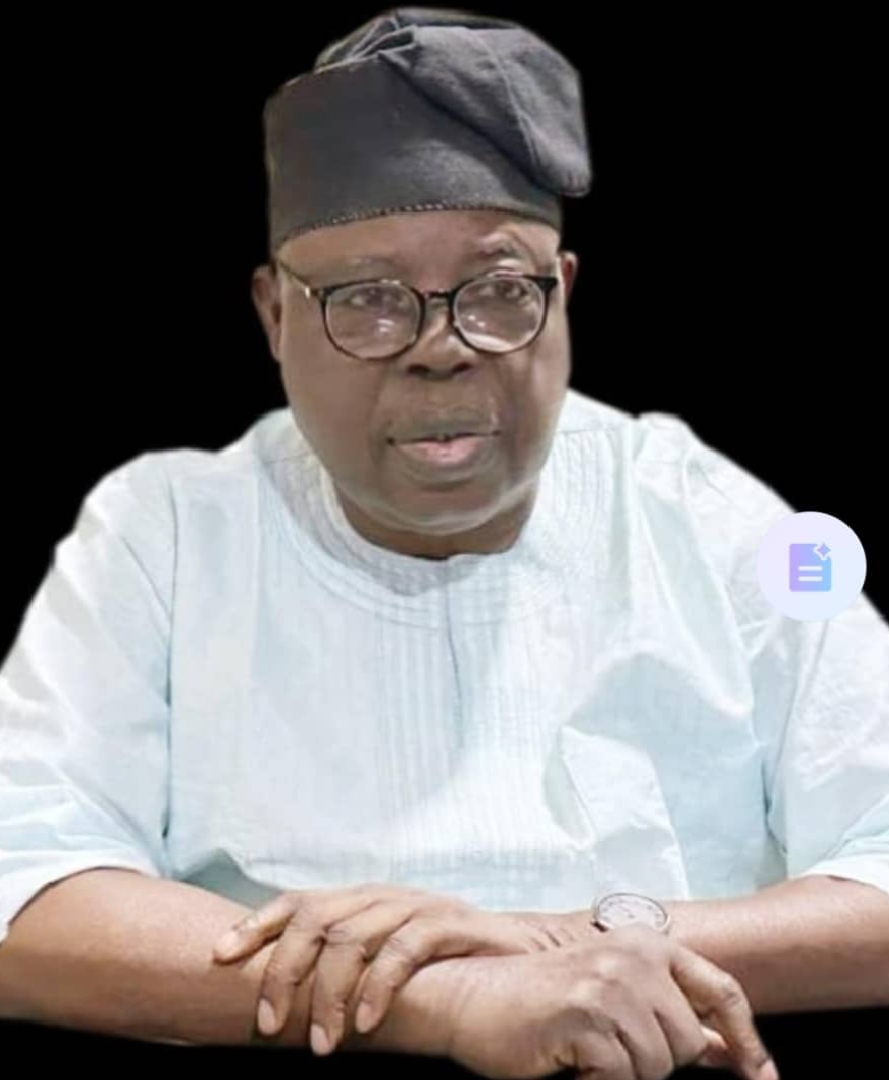
BY EGUONO ODJEGBA
The long-awaited transition of the Nigerian Shippers’ Council into the official economic regulator of the country’s ports remains mired in political inertia, despite multiple legislative approvals spanning over two decades.
From the administration of President Olusegun Obasanjo to President Muhammadu Buhari, and now under President Bola Ahmed Tinubu, the bill has consistently failed to receive presidential assent—raising questions about resistance to reform within Nigeria’s maritime sector.
In an interview with Prince Olayiwola Shittu, respected, erudite, leading maritime personality, the former National President of the Association of Nigeria Licensed Customs Agents (ANLCA), expressed deep frustration over the delay, describing it as a deliberate act of avoidance by powerful interests within government agencies.
“The leadership of these agencies doesn’t want anyone looking into their backyard. People are doing what they like and making money out of it. That’s why they fear an economic regulator”, he responded to our reporter’s question concerning the controversial delay in the genuine reform of the port industry, especially with regards to providing the shippers’ council the needed empowerment to drive positive changes for the growth of the industry and national interest.
According to Prince Shittu, the systemic issues in revenue management also highlights some of the controversial policy shift and efforts to weed the ports of state organs which presence was adjudged to be constituting a drag to port trade efficiency during the tenure of former Finance Minister, Ngozi Okonjo-Iweala. Shittu frowned at the opaque nature of the internally generated revenue (IGR) by government agencies including those of the port industry like the Nigerian Ports Authority (NPA) and the Nigerian Maritime Administration and Safety Agency (NIMASA); in view of the retain percentage these agencies were allowed to keep, a move he described as “illegal and unconstitutional.”

He added that this policy has led to unchecked spending, citing federal government’s corporations frequent purchase of brand-new vehicles as an example of fiscal excess.
“The best thing that can happen to our industry is to affirm Shippers’ Council as the economic regulator,” he emphasized. “If an importer is overcharged, they should be able to report to the Council, which would then take appropriate action.”
Efforts by Emmanuel Jime’s successor, Akutah Pius Ukeyima, to push the bill forward were noted, especially given his connection to the Secretary to the Government of the Federation. However, internal power struggles appear to have stalled progress. “The same old story of ‘I am more powerful than you’ has kept the presidential assent locked away,” Shittu lamented.
While clarifying that he no longer advises the Shippers’ Council, he stressed the Council’s critical role in regulating IGR practices and curbing the multiplicity of payments that contribute to economic hardship.
“We are a country of unserious people and jokers and this is very pathetic,” he lamented further.
As the maritime industry continues to grapple with inefficiencies and opaque financial practices, stakeholders are calling for urgent action to empower the Nigerian Shippers’ Council and bring long-overdue accountability to the nation’s ports.



